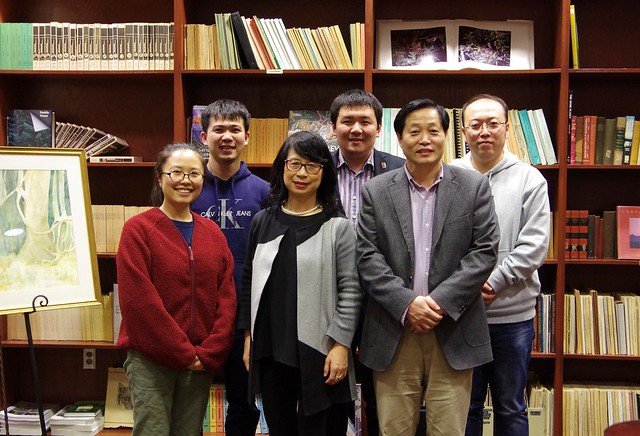Inside BENEO’s new pulse plant: pioneering sustainable protein from faba beans
Nitrous oxide has risen 20 per cent from pre-industrial levels, and its growth has accelerated over recent decades due to emissions from various human activities
The significant use of nitrogen fertilisers in the production of food worldwide is increasing concentrations of nitrous oxide in the atmosphere—a greenhouse gas 300 times more potent than carbon dioxide—which remains in the atmosphere longer than a human lifetime.
This finding is part of a study co-led by Professor Hanqin Tian, Director, International Center for Climate and Global Change Research, Auburn University’s School of Forestry and Wildlife Sciences and an Andrew Carnegie Fellow. The study was published in Nature.
Tian co-led an international consortium of scientists from 48 research institutions in 14 countries under the umbrella of the Global Carbon Project and the International Nitrogen Initiative. The objective of the study, titled ‘A comprehensive quantification of global nitrous oxide sources and sinks,’ was to produce the most comprehensive assessment to date of all sources and sinks of the potent greenhouse gas nitrous oxide.
Tian’s Auburn colleagues including Professor Shufen Pan, postdoctoral fellows Rongting Xu, Hao Shi and Yuanzhi Yao and graduate student Naiqing Pan served as co-authors among an international research team of 57 scientists.
The study points to an alarming trend affecting climate change: Nitrous oxide has risen 20 per cent from pre-industrial levels, and its growth has accelerated over recent decades due to emissions from various human activities.
“The dominant driver of the increase in atmospheric nitrous oxide comes from agriculture, and the growing demand for food and feed for animals will further increase global nitrous oxide emissions,” Tian said. “There is a conflict between the way we are feeding people and stabilising the climate.”
The researchers further identify an emerging cause of increased atmospheric nitrous oxide coming from the interaction between global warming and nitrogen additions for food production further enhancing emissions from agriculture. Warmer temperatures tend to increase nitrous oxide emissions.
The study also determined that the largest contributors to global nitrous oxide emissions come from East Asia, South Asia, Africa and South America.

